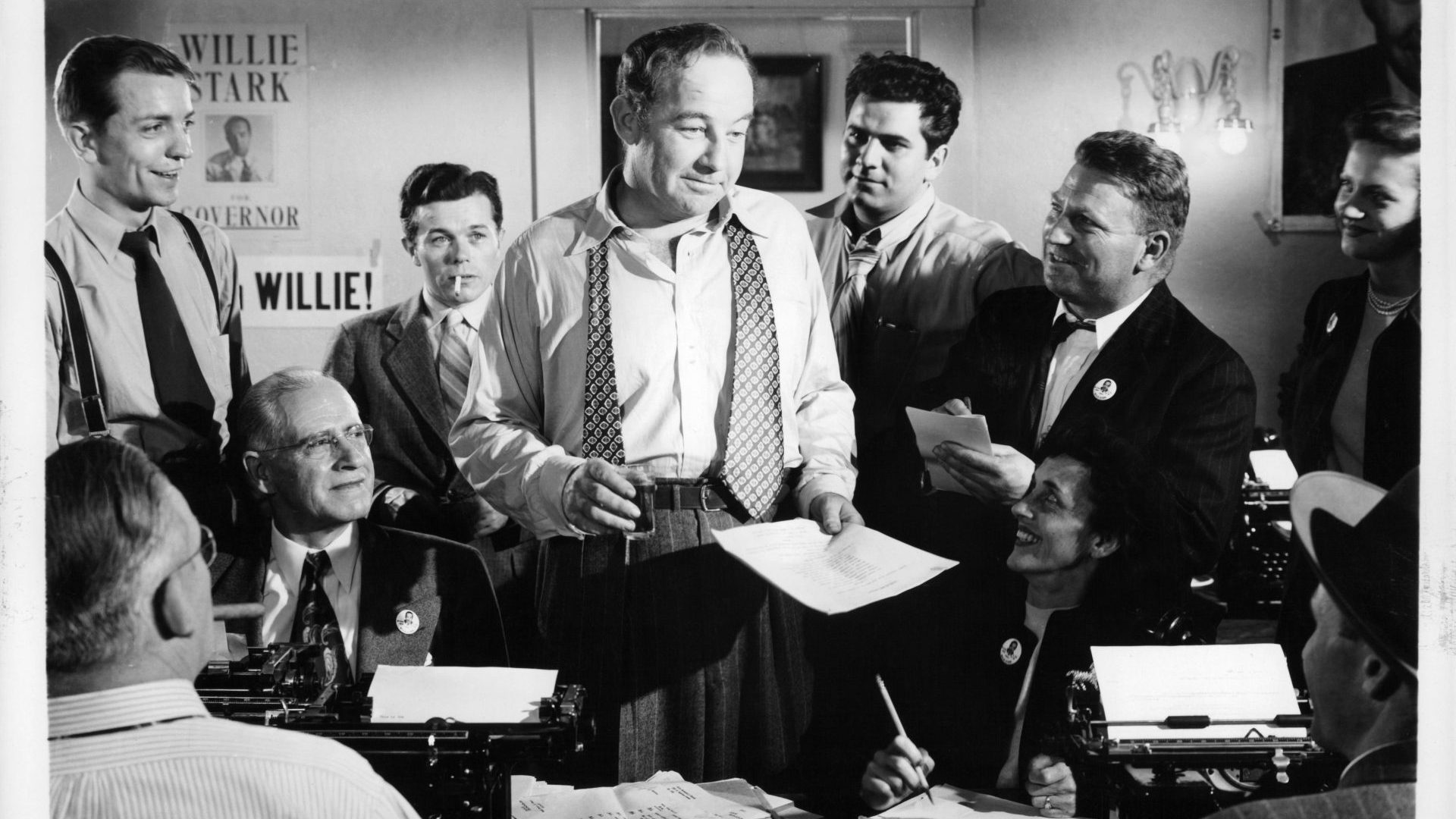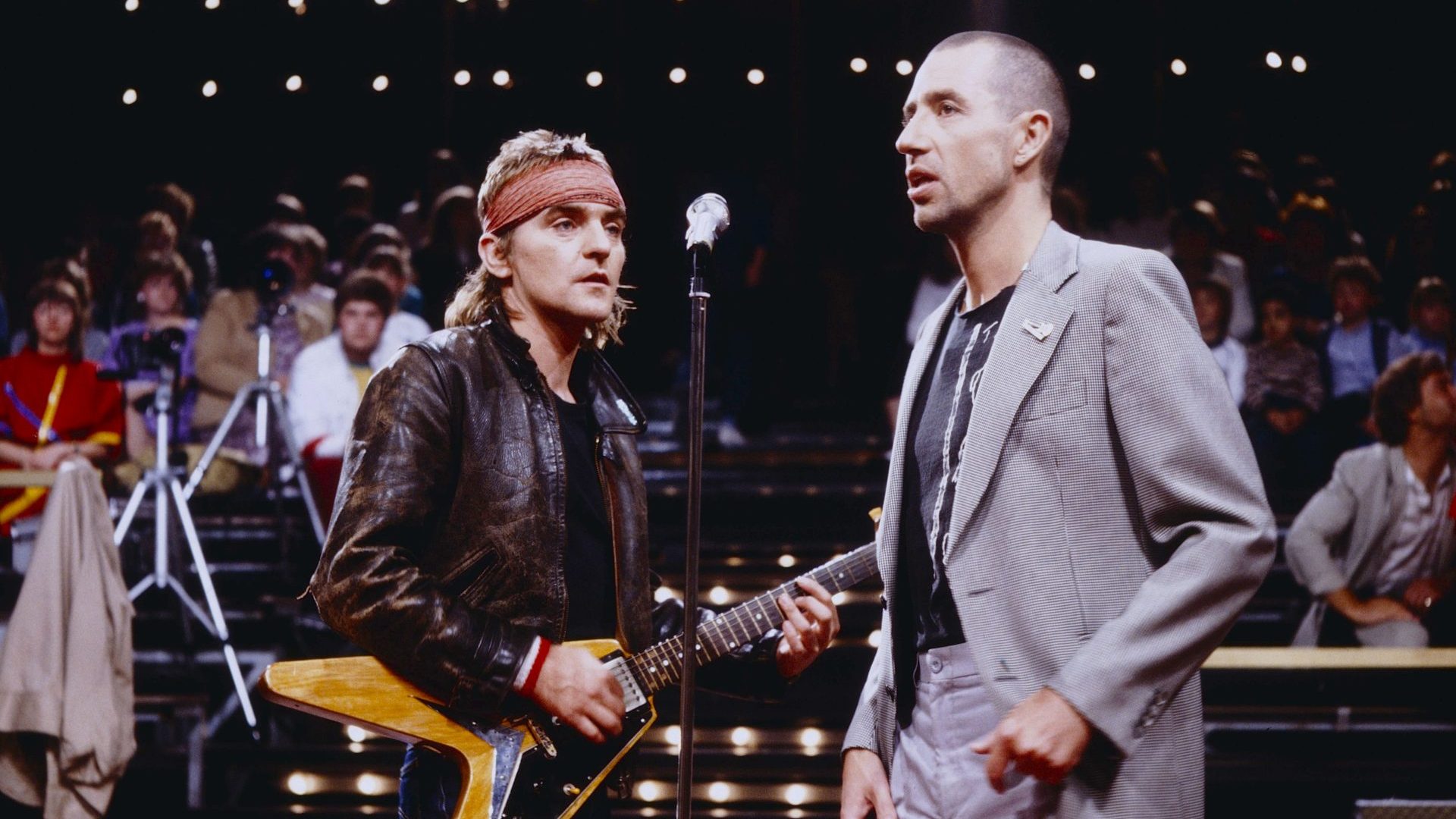I recently received a letter from Lynton Guest of Dorset, wondering if I might clear up a grammatical issue concerning the modern usage of the possessive apostrophe. He wrote: “I was taught that when a singular word (or name) ends in ‘s’ the correct possessive is an apostrophe followed by another ‘s’, as in ‘James’s books’, whereas when a plural word ends in ‘s’ it is sufficient to append only the apostrophe, as in ‘these books’ contents’. However, I have noticed more and more writers using the plural form when the word is singular. Is the ubiquity of the modern usage just sloppy and ignorant or am I a pedantic bore who needs to get with the programme?”
There is I feel no need to learn or teach such “rules”. I think we should just be guided by how ordinary English speakers speak. We say “St James’s Park” so I think we should write that too. Similarly with These books’ contents.
For further explanation, here is an extract from my 2016 book, Dialect Matters: Respecting Vernacular Language:
Some people are very keen on apostrophes. Some people don’t like apostrophes. Jeremy Clarkson doesn’t like apostrophes. Some people don’t like Jeremy Clarkson.
Is any of this important? I reckon apostrophes come into the class of things which are “quite important but not as important as some people think”. They play a role in distinguishing between well and we’ll, hell and he’ll, shell and she’ll, wed and we’d, shed and she’d, were and we’re, and, sometimes, ill and I’ll. But nothing very serious will happen if you write Im instead of I’m, hes instead of he’s, theyre instead of they’re, dont instead of don’t. Perhaps someone could confuse cant with can’t if you omit the apostrophe, but I doubt it.
It’s obvious that apostrophes can’t be enormously important, because we don’t use them when we’re speaking. Some clever journalists have written about how it’s absolutely vital to get the possessive apostrophe right: people will be confused, they say, if you don’t distinguish between plural cats, singular possessive cat’s, and plural possessive cats’. But that can’t be right – when we’re speaking we pronounce them exactly the same, and I don’t ever remember wondering, in all my many decades as a native English speaker, whether someone was really referring to more than one cat or not.
But if you are going to use apostrophes, it’s a good idea to get them right (though even the self-appointed experts don’t agree about everything – are we supposed to mind our ps and qs or our p’s and q’s?). For instance, writing cat’s for cats is a Bad Idea. And in fact writing cat’s when you mean cats is much worse than writing cats when you mean cat’s. It makes it look as if you are trying hard to get things right but even so you are not clever enough to succeed. So if you advertise cucumber’s and cabbage’s, potential customers might just think that you are not a very successful greengrocer either. A good rule of thumb for using apostrophes before an ‘s’ would seem to be: if in doubt, leave them out. And if you put them in, get them right.
Often when Im sending emails, I dont use apostrophes. Im such a slow typist that anything that saves time for me is a bonus. I also expect that if I leave some out when Im writing for a newspaper, theyll put them back in for me. Lets see.




